17 women writers we love on World Book Day
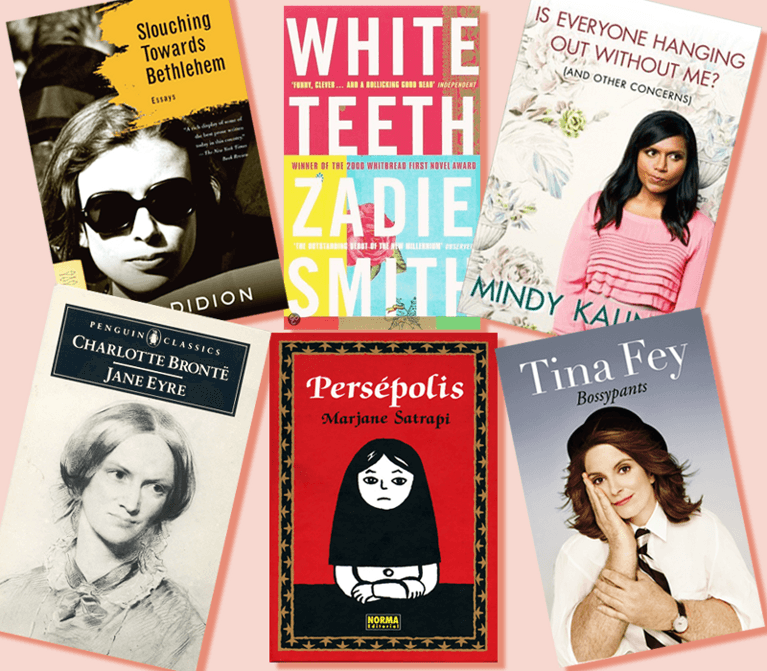
A to Z book list
Judy Blume — Are You There God? It’s Me Margaret.
Growing up, it was Judy Blume who had your back. Whether you were dealing with bullying, puberty or the mysteries of the male anatomy, she provided answers, or at least some much-needed levity.
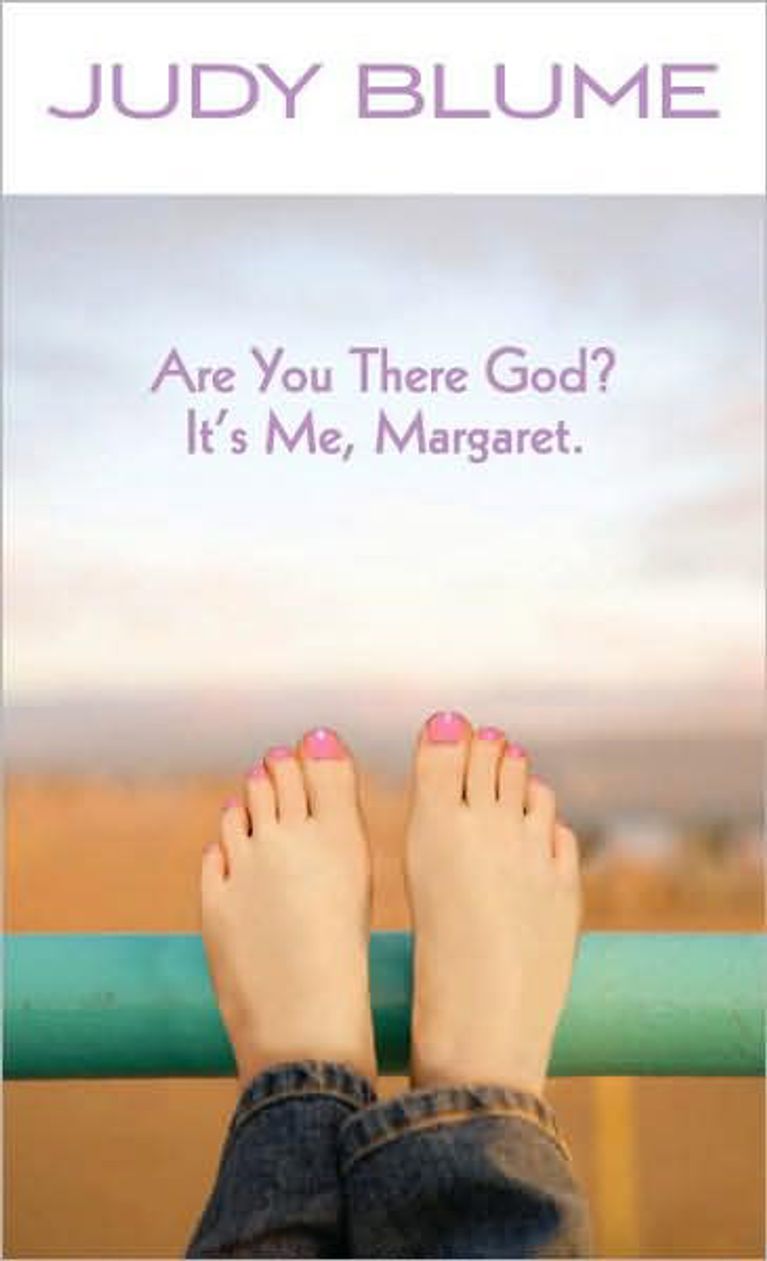
Chimamanda Ngozi Adichie — Americanah
In her fiction — most recently, Americanah — Nigerian writer Adichie turns her razor-sharp mind to race, love, opportunity and the politics of hair. And in her lectures — most notably, a 2012 Ted talk — she’s a total badass, delivering a searing speech called “We Should All Be Feminists” that was sampled in Beyonce’s “Flawless.” When someone questioned Bey’s bona fides, Adichie retorted: “Whoever says they’re feminist is bloody feminist.”
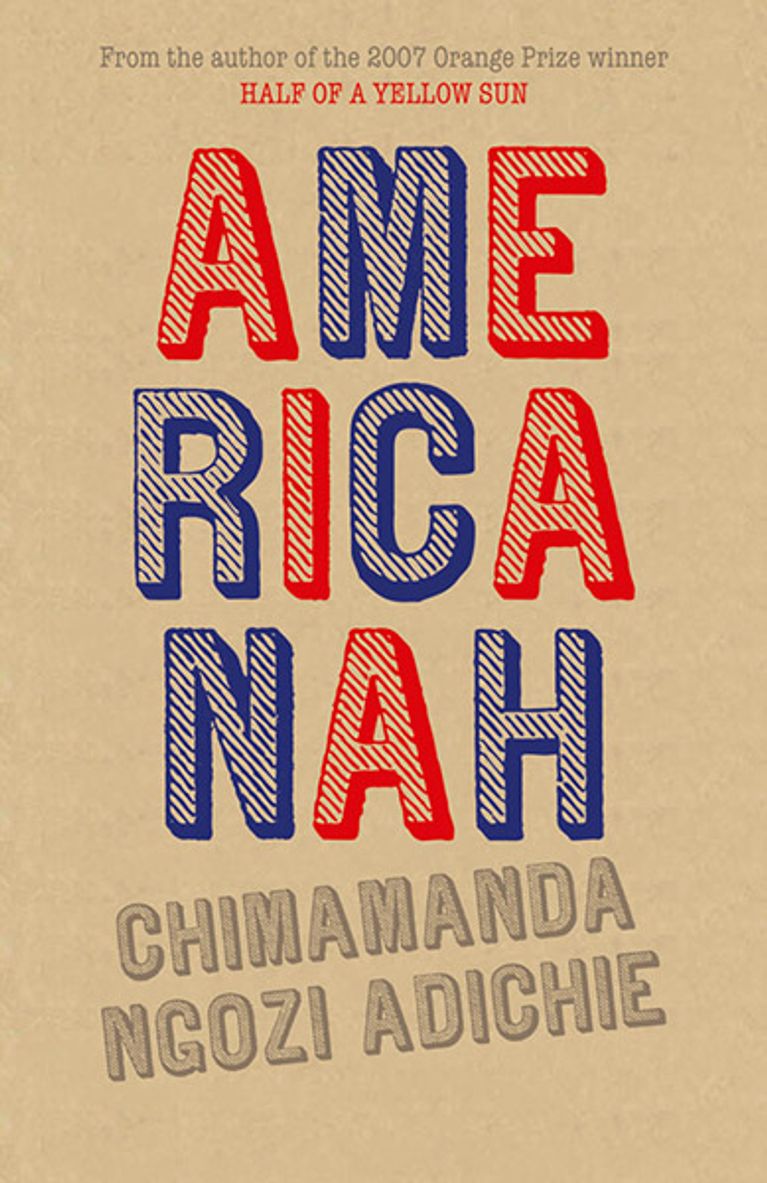
Tina Fey, Bossypants
In what way do we not love Tina Fey? She’s a bespectacled beacon to smart, slightly snarky ladies everywhere, an unabashed girl’s girl and one half of the laugh-a-minute Golden Globes–hosting duo with comedic life-partner Amy Poehler. Her memoir, Bossypants, set the standard for every humorous woman-on-top memoir that followed.
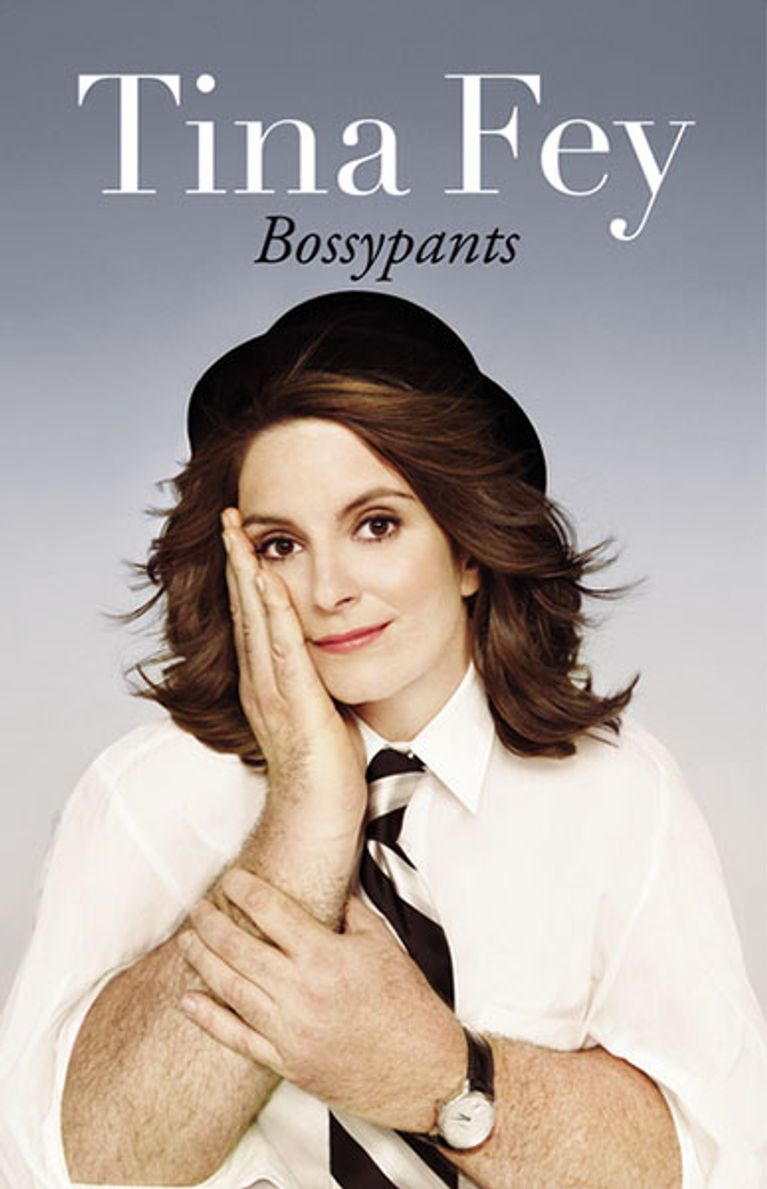
Zadie Smith — White Teeth
Even before she finished university, Smith had the wit, wisdom and chutzpah to write White Teeth, a sprawling 150-year family saga featuring three generations of powerful unforgettable Jamaican women. Due to her success at such a young age, Smith’s progress as a writer has been extremely public — and she’s weathered it with an enviable grace and charm. She’s even copped to having Internet addiction, which has hindered her writing. Celebrity authors — they’re just like us.
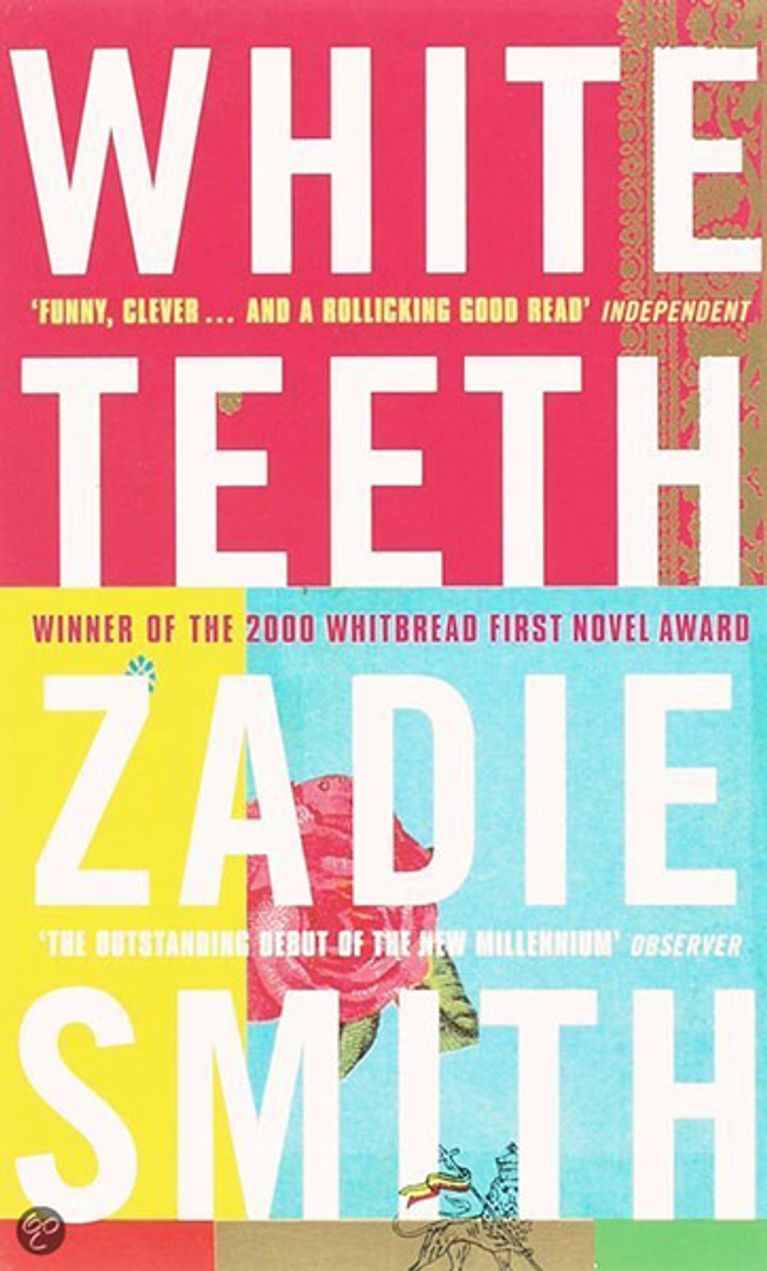
Joan Didion — Slouching Towards Bethlehem
Didion is one of America’s most incisive essayists. From 2005’s heart-wrenching grief manual The Year of Magical Thinking all the way back to her seminal ode to ’60s-era California, Slouching Towards Bethlehem, Didion’s knack for leaving no detail unwritten has made her an unparalleled chronicler of modern American history.
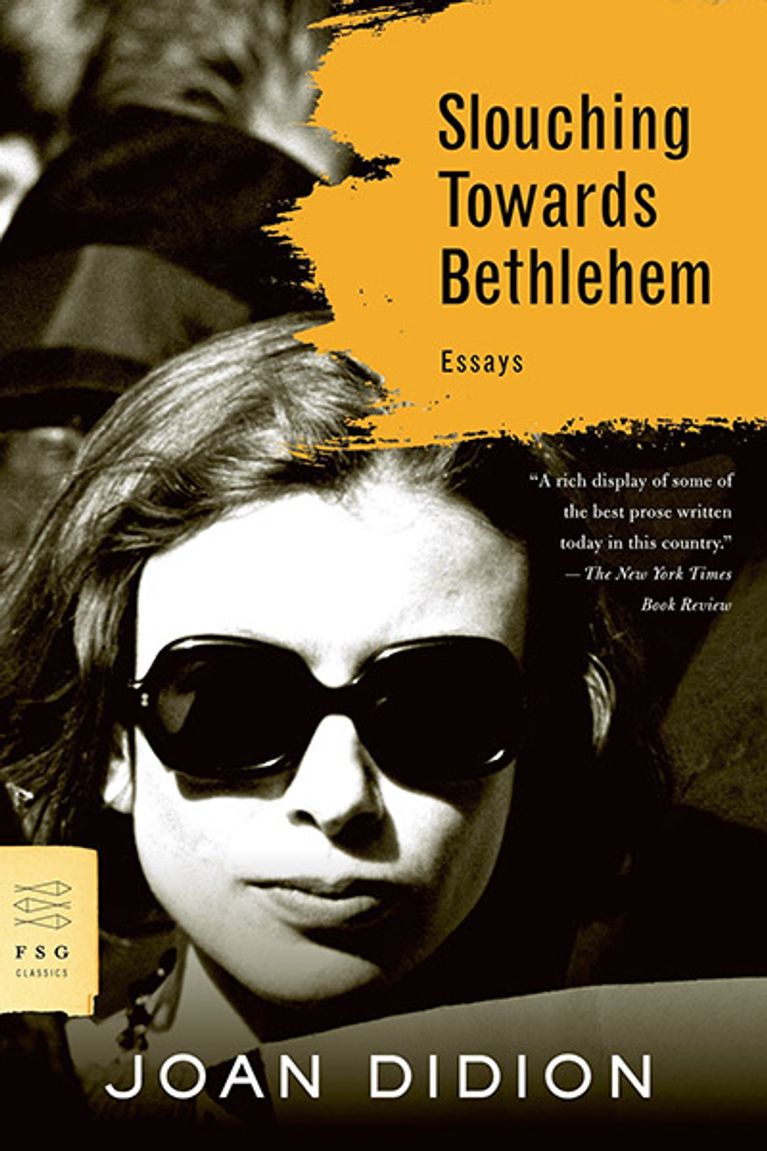
Alice Munro — Moons of Jupiter
There isn’t an award left out there for Alice Munro to win, including, as of 2013, the Nobel Prize — which made her the first Canadian to take the honour home. (Nope, Saul Bellow, you don’t count.) This 1982 collection of short stories hits all of Munro’s distinctive notes: economical language, dark humour, and a hard look at the anguish of love.
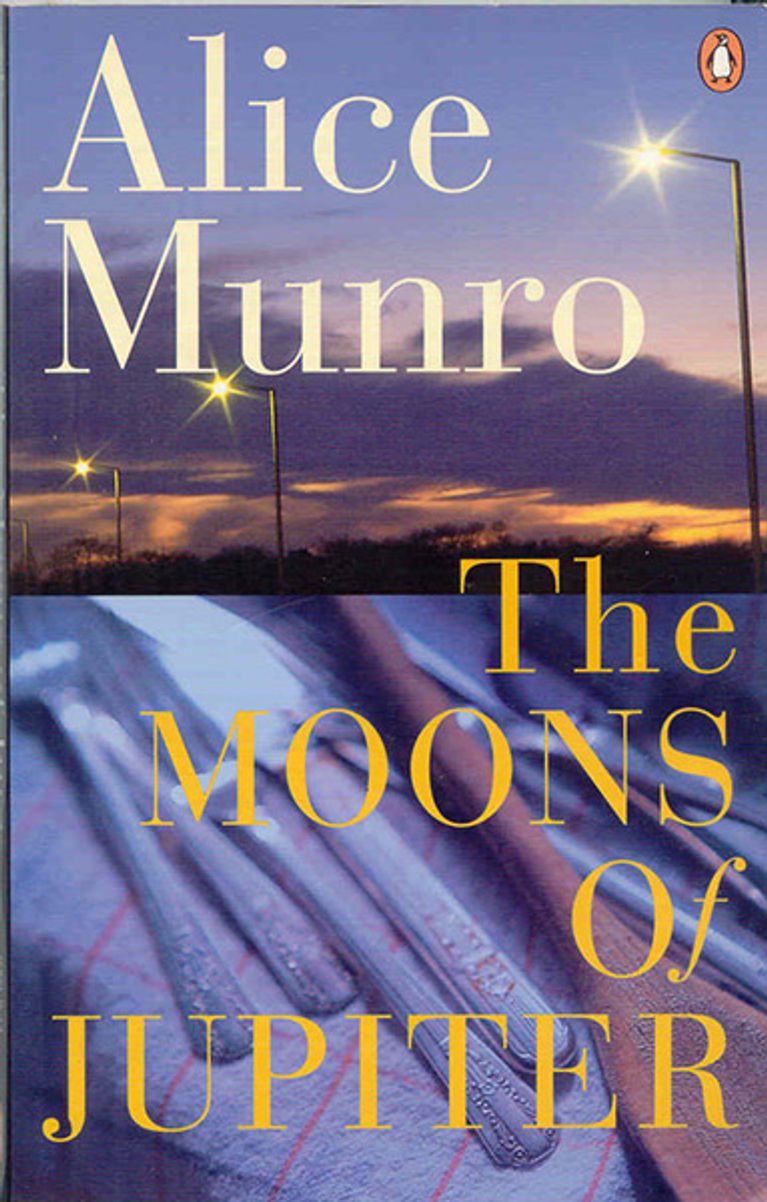
Marjane Satrapi — Persepolis
The Iranian author and illustrator gave us an intimate portrait of the 1979 Islamic Revolution in Persepolis, a memoir about her childhood and adolescence in Tehran. With black and white illustrations packed with warmth and emotion, Satrapi cast a distinctly female lens on the testosterone-heavy graphic novel genre.

Virginia Woolf — A Room of One’s Own
It’s nearly impossible to pick a favourite Woolf novel, each presenting portraits of feminism and womanhood in both intellectual and relatable ways. But to this day, the simple message in her book-length essay, A Room of One’s Own, still strikes a chord: "A woman must have money and a room of her own if she is to write fiction.”
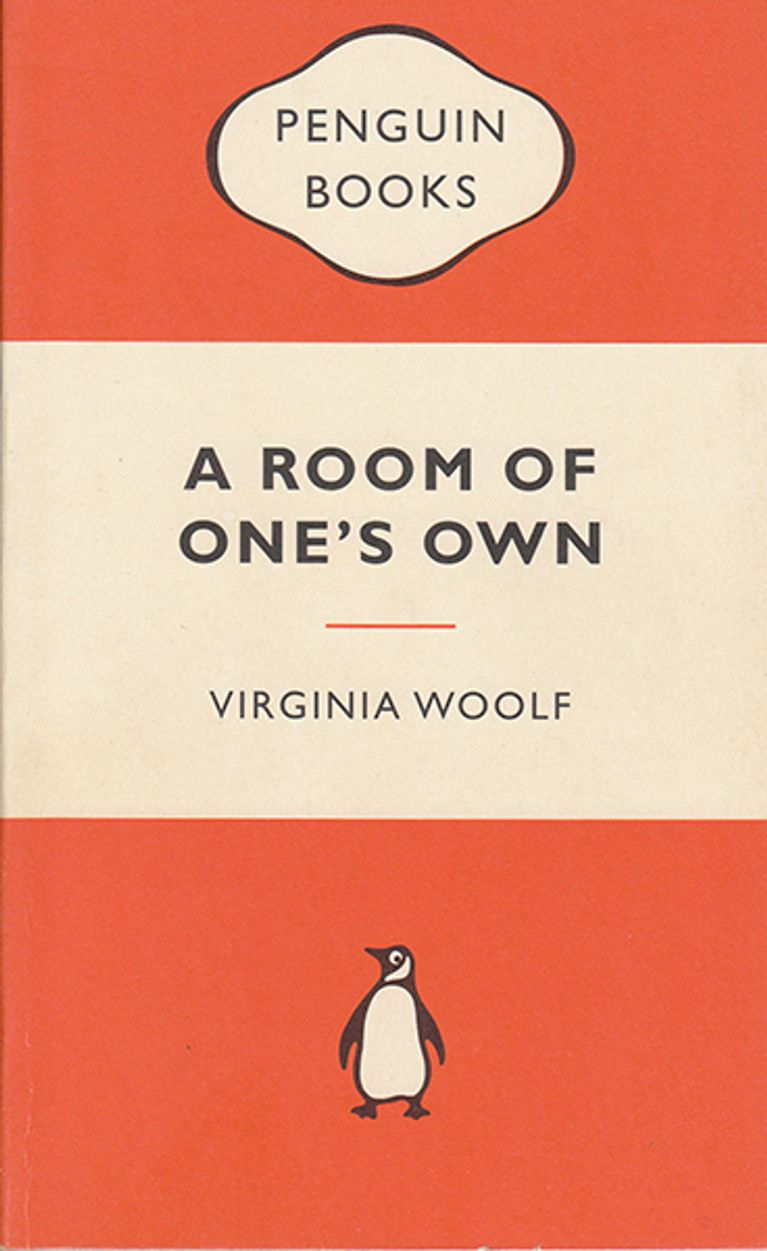
Christina McCall — My Life as a Dame
An editor at Chatelaine and a political writer for Maclean’s and Saturday Night, Christina McCall wrote widely about all levels of society, treating her subjects — whether Pierre Trudeau or a miner’s wife — with the same curiosity and respect. Of course, that meant she’d speak difficult truths even to those she championed, like in this address to middle-class women: “Unless we ourselves get off of plump behinds, stop undermining each other’s ambitions, cease whining about our burdens, and start working toward equality for women, that happy state is never going to be achieved in this or any other century.” (Still true.)

Elena Ferrante — My Brilliant Friend
Italian novelist Elena Ferrante has managed to become a massive phenomenon while keeping her identity a secret, which (of course) has led some to speculate that she must be a man. Nuh-uh: Only a woman could offer such a bracingly honest look at female friendship, with all its intimacy, dependence, competitiveness, and frustrations.
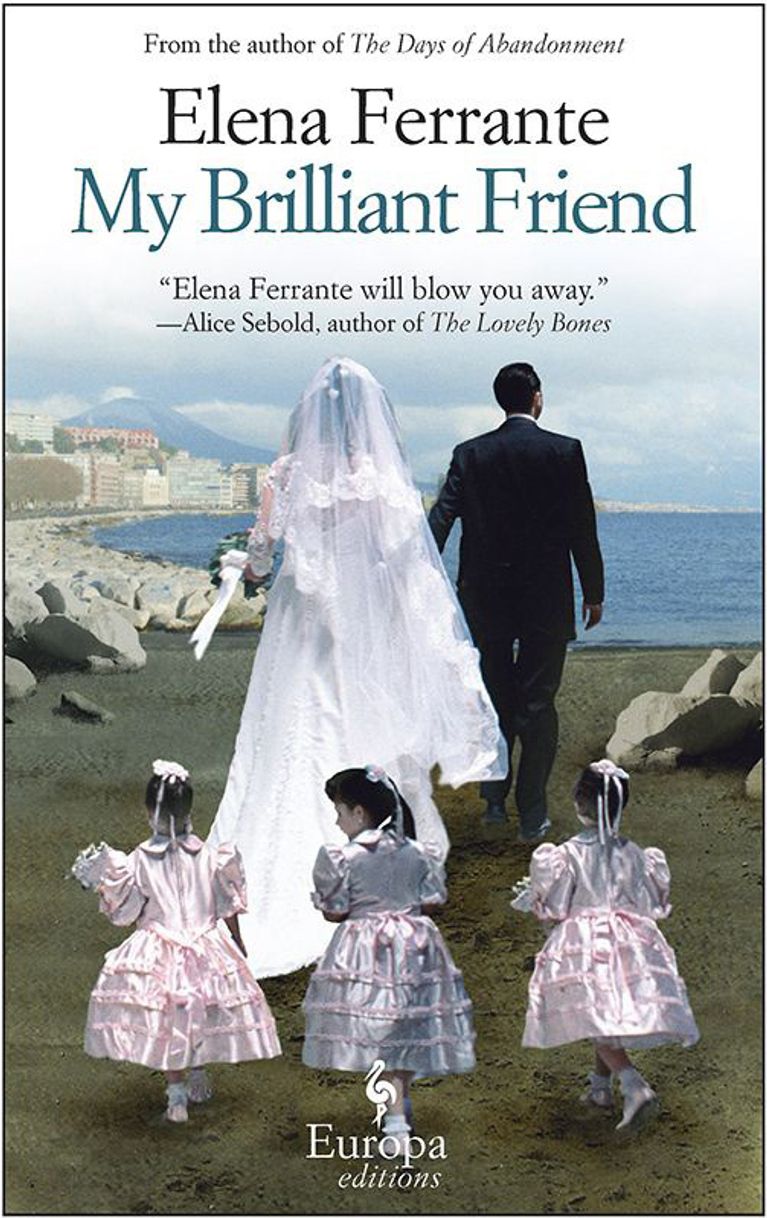
Mindy Kaling — Is Everyone Hanging Out Without Me? (and Other Concerns)
When we first encountered Kaling, she was appearing on The Office as Kelly Kapoor, Dunder-Mifflin’s resident sasspot. Flash-forward a few years and Kaling (a Harvard grad) is putting the “multi” in multi-hyphenate as the creator, head writer and star of her eponymous sitcom The Mindy Project. And in addition to having written a hilarious book (a second is due out later this year), she’s also spoken out publicly and eloquently about issues of weight and race in popular culture.
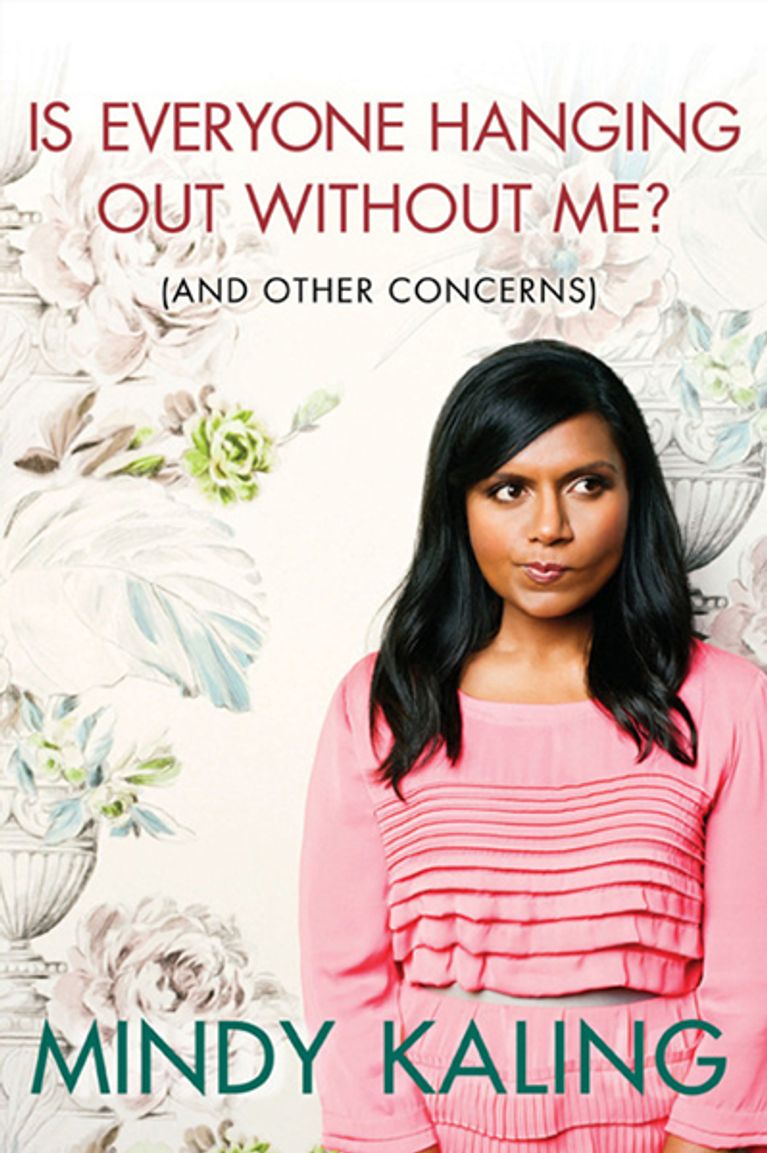
Margaret Atwood — The Edible Woman
A long-time fixture in the pages of Chatelaine, Atwood wrote her first novel — the proto-feminist The Edible Woman — at 24. In addition to her extensive back catalogue of fiction, she’s also a poet, literary critic, an Order of Canada recipient and the inventor of the LongPen, all the while maintaining a consistently entertaining Twitter presence. Margaret Atwood: Canada’s foremost Renaissance woman.
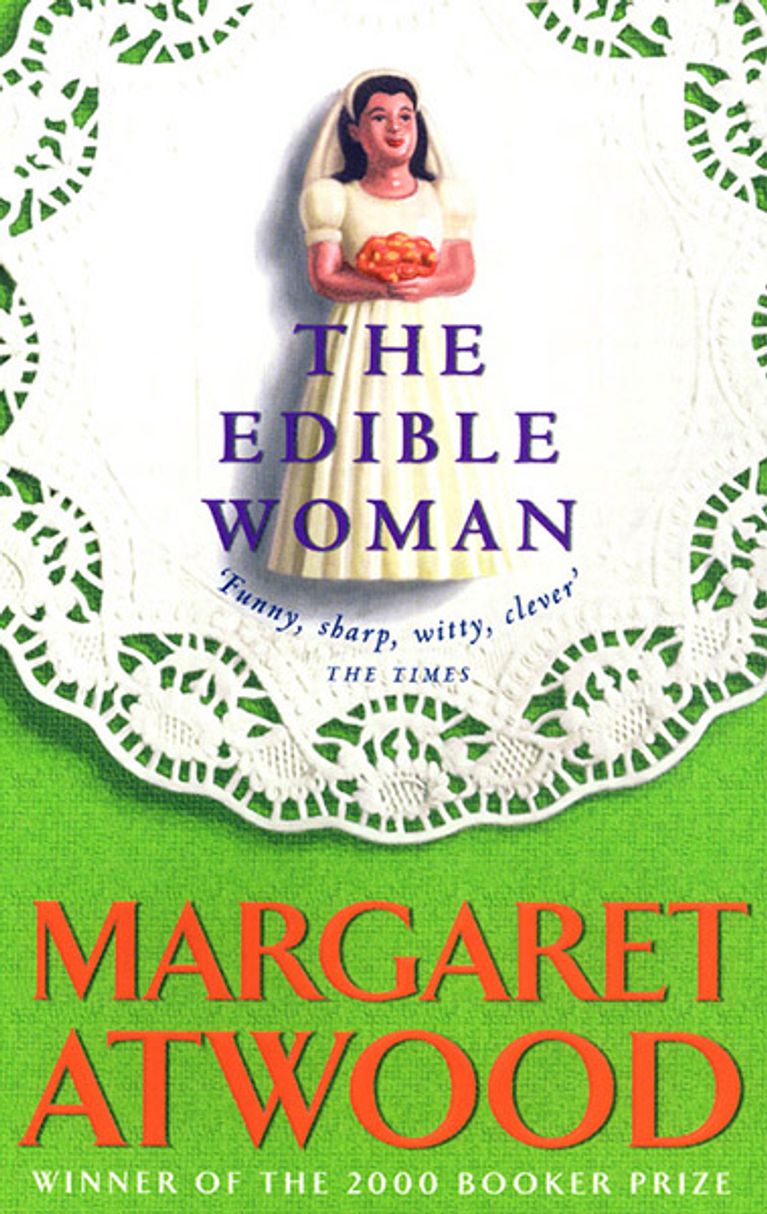
Caitlin Moran, How to Be A Woman
From her brazen Twitter quips to the sizeable (and intentional) grey streak in her hair, British cultural critic Caitlin Moran is unabashedly herself. Her first non-fiction book, How to Be a Woman, addresses tribulations that are all-too-familiar — ill-fitting bras, abortion, marriage (or not) and the oppressive absurdity of celebrity worship — with the irreverence of a whip-smart and wickedly funny feminist revolutionary.

Charlotte Brontë — Jane Eyre
We love all the Brontës, but Charlotte knocked it out of the park with Jane Eyre, her manual for governesses who fall in love with their boss only to find out he’s got a secret crazy wife in the attic.

Miriam Toews — A Complicated Kindness
Toews is the ultimate girl crush — laid-back, leather-jacket-wearing fallen Mennonite from the Prairies, who’s quick to laugh and curse. Then there’s the compassion, humour and poignancy she writes with, letting us know that having a crazy family makes you an infinitely more interesting — albeit damaged — person.
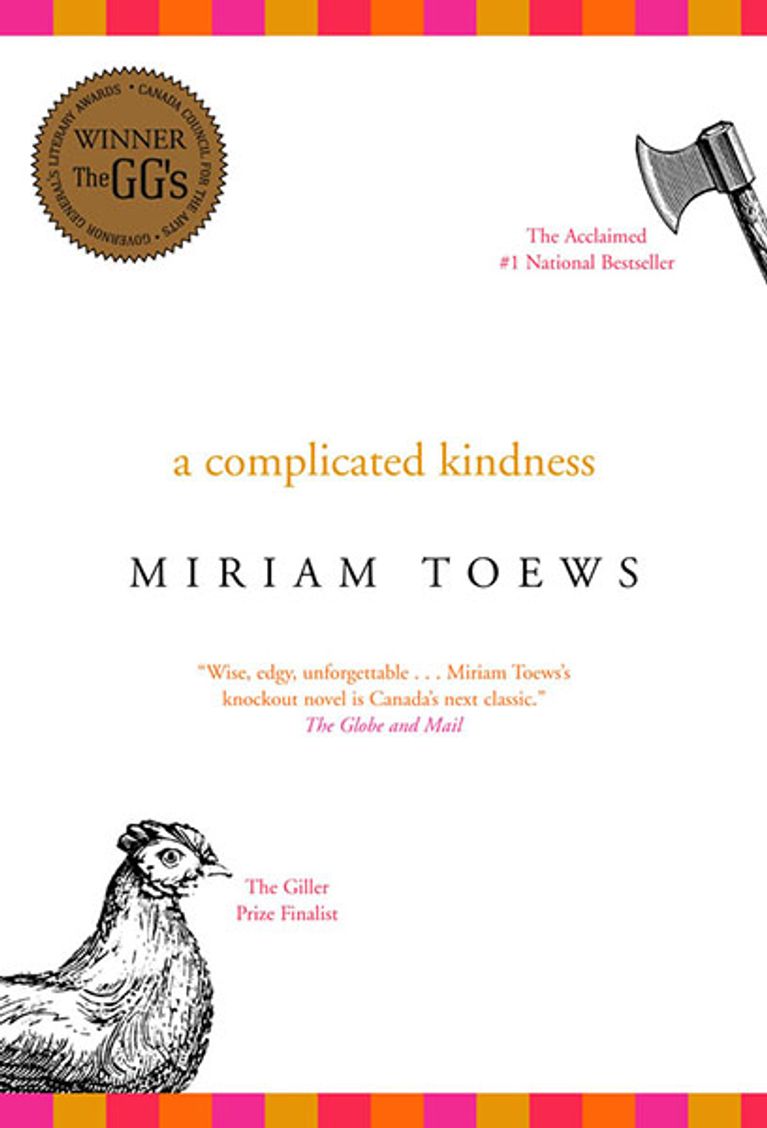
Toni Morrison — Song of Solomon
At 84, Toni Morrison is still hard at work — publishing her 11th novel, God Help the Child, this month — and still prompting difficult conversations about race and privilege, telling The Daily Telegraph recently that “they don’t stop and frisk on Wall Street, which is where they should really go.” Go back to Song of Solomon, the novel of alienation and discovery that made Morrison the first black woman to win the Nobel Prize.
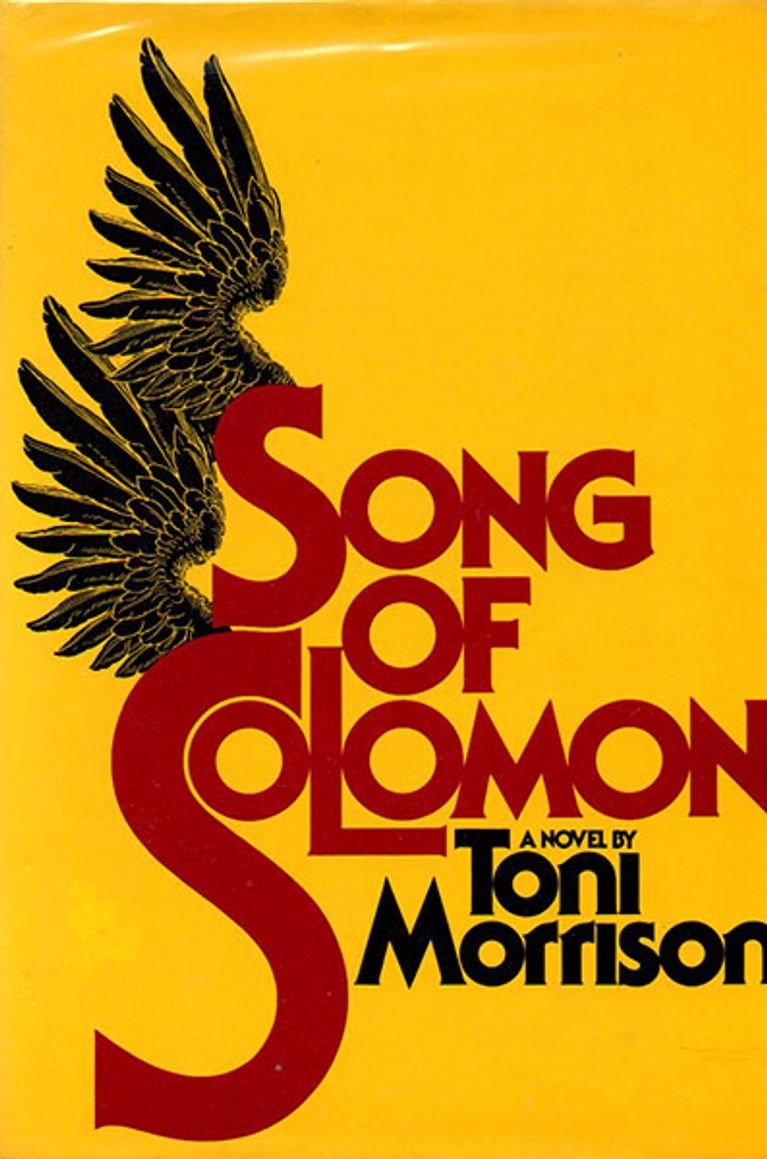
Edith Wharton — The Custom of the Country
Here’s just a sliver of Edith Wharton’s CV: author; interior designer; Pulitzer Prize winner; wearer of impressively complicated hats; American ex-pat given France’s highest award for her work on behalf of war refugees. She also — no big deal — travelled to the front lines during WWI. Wharton is rightly beloved for books like The Age of Innocence and The House of Mirth, but get your hands on The Custom of the Country, a lesser-known novel with one of the most ruthlessly ambitious heroines ever to wear an impressively complicated hat.
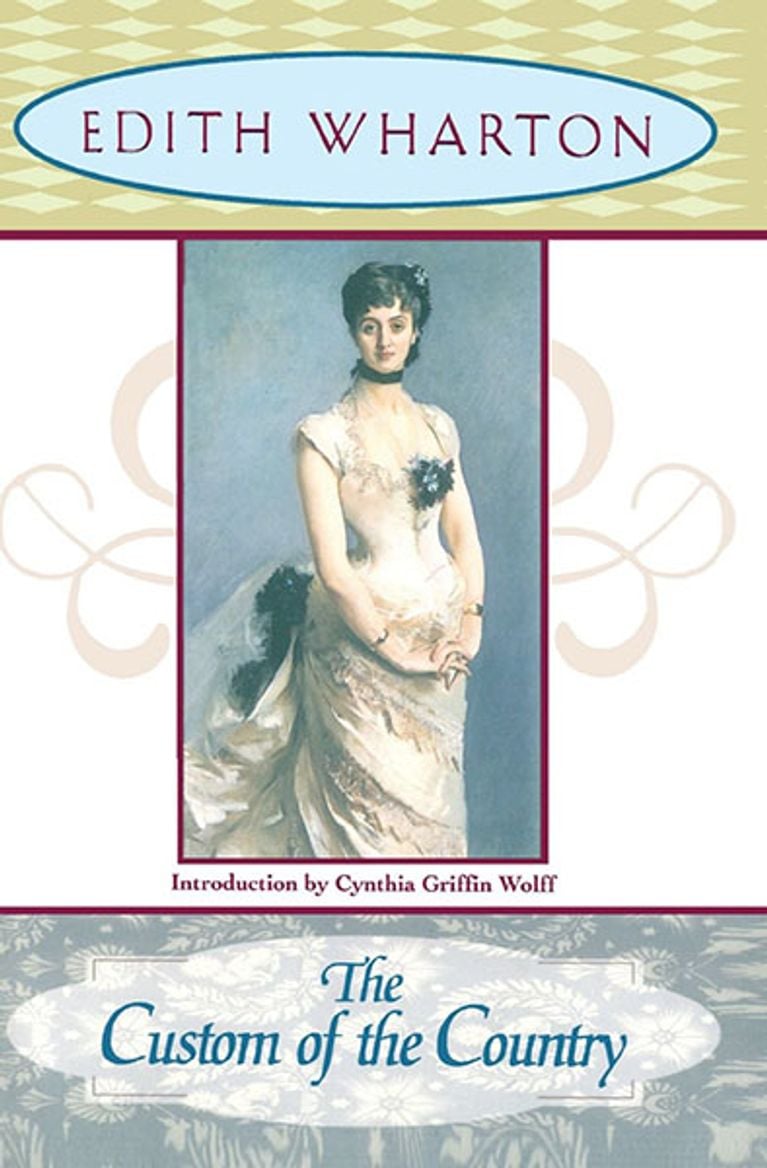
Click on the pink "up" arrow to read about each author and book.
GET CHATELAINE IN YOUR INBOX!
Subscribe to our newsletters for our very best stories, recipes, style and shopping tips, horoscopes and special offers.